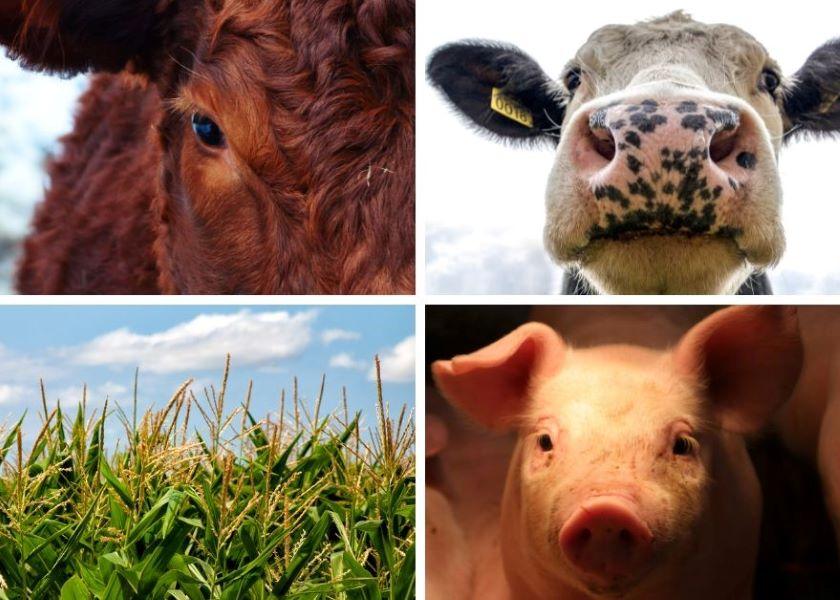Taxing Farming is Vital for Denmark's Climate Target, Government Adviser Says

Denmark should aim to reduce beef and dairy production by levying an emissions tax on farming of 750 Danish crowns ($108) per tonne in order to reach its ambitious climate targets, the government's independent adviser said on Monday.
Such a tax on farming will increase the incentive for farmers to switch to crops and pork production which emit less greenhouse gases than cattle, according to a report by the Danish Climate Council, which provides recommendations to the government.
The new government said in December it sees an emissions tax on farming as crucial to achieving a binding target of reducing CO2 emissions by 70% of 1990 levels.
Emissions from belching cows are a major component of agricultural methane. If no new policies are introduced, farming in Denmark is expected to account for around 40% of emissions in 2030, the council says. The sector currently accounts for 28% of emissions, according to Statistics Denmark.
A carbon tax of 750 crowns per tonne would be similar to the level for other industries which was agreed by parliament in June last year, though a farming lobby group has warned it would lead to a wave of bankruptcies among farmers.
Such a tax would "move jobs abroad and prevent Denmark from developing the solutions that can really make a difference to the climate", said Niels Peter Norring, head of climate Danish Agriculture & Food Council.
The industry should look into alternative solutions like cattle feed additives, which could lower the amount of methane released from cows by 25-30%, he said.







